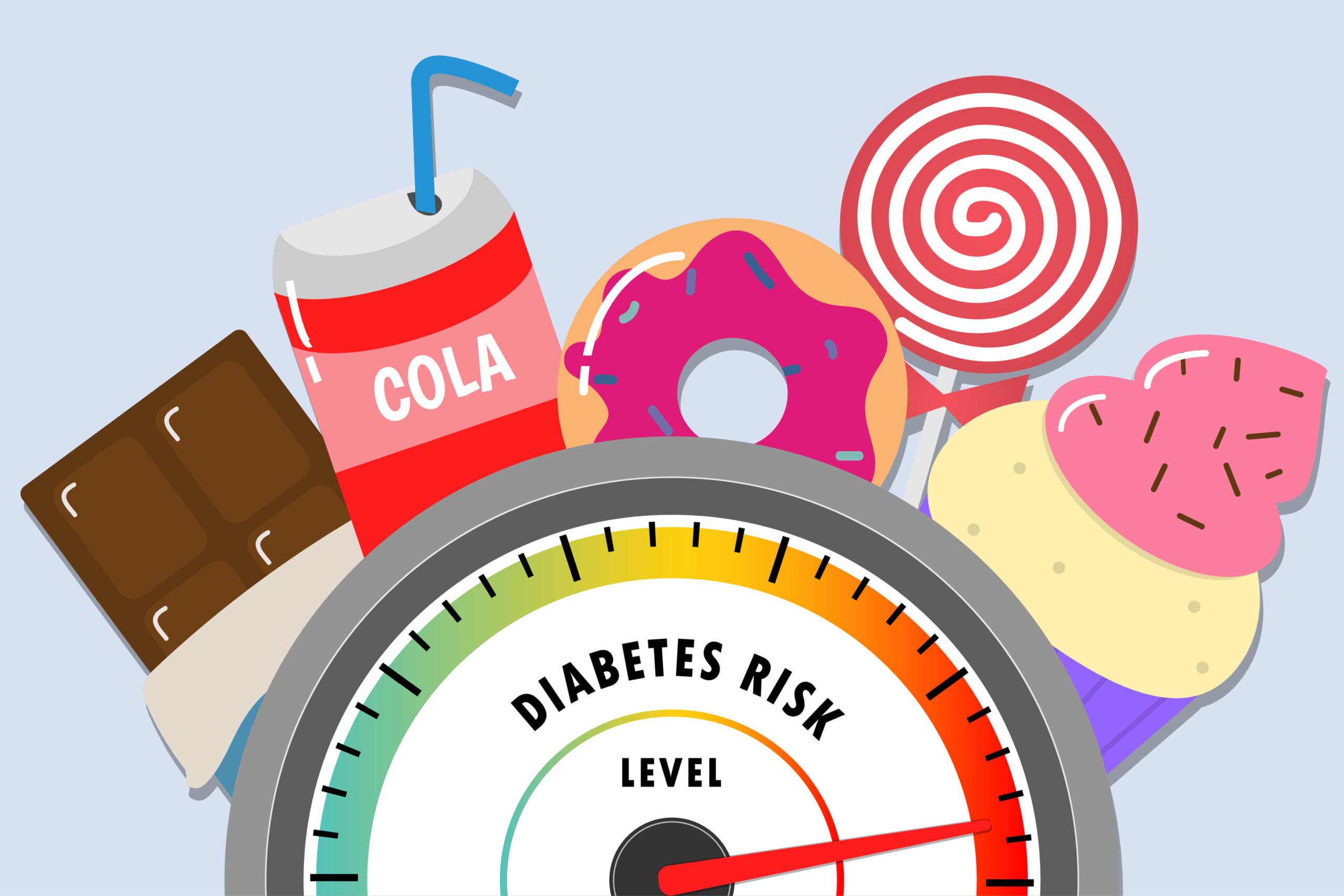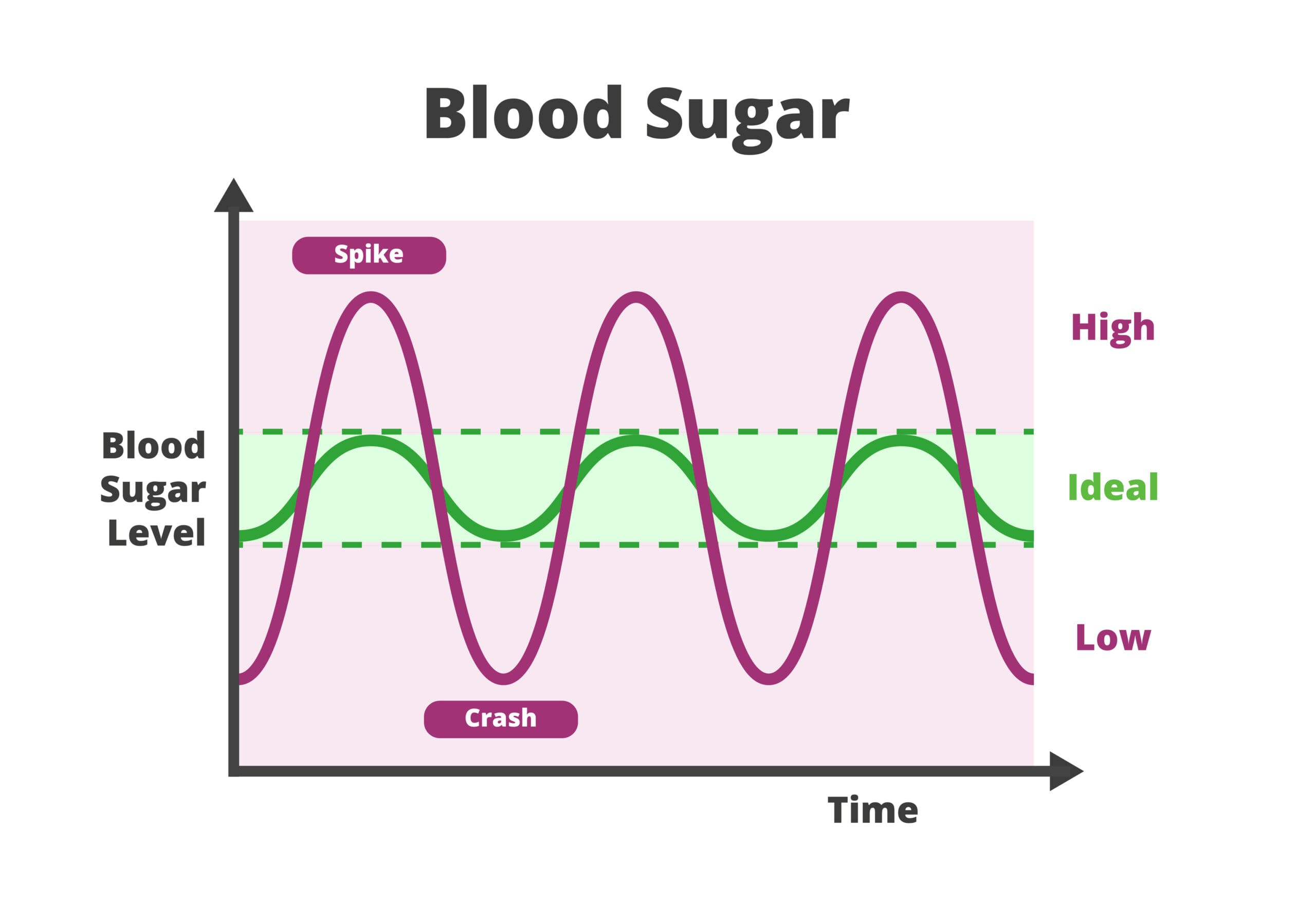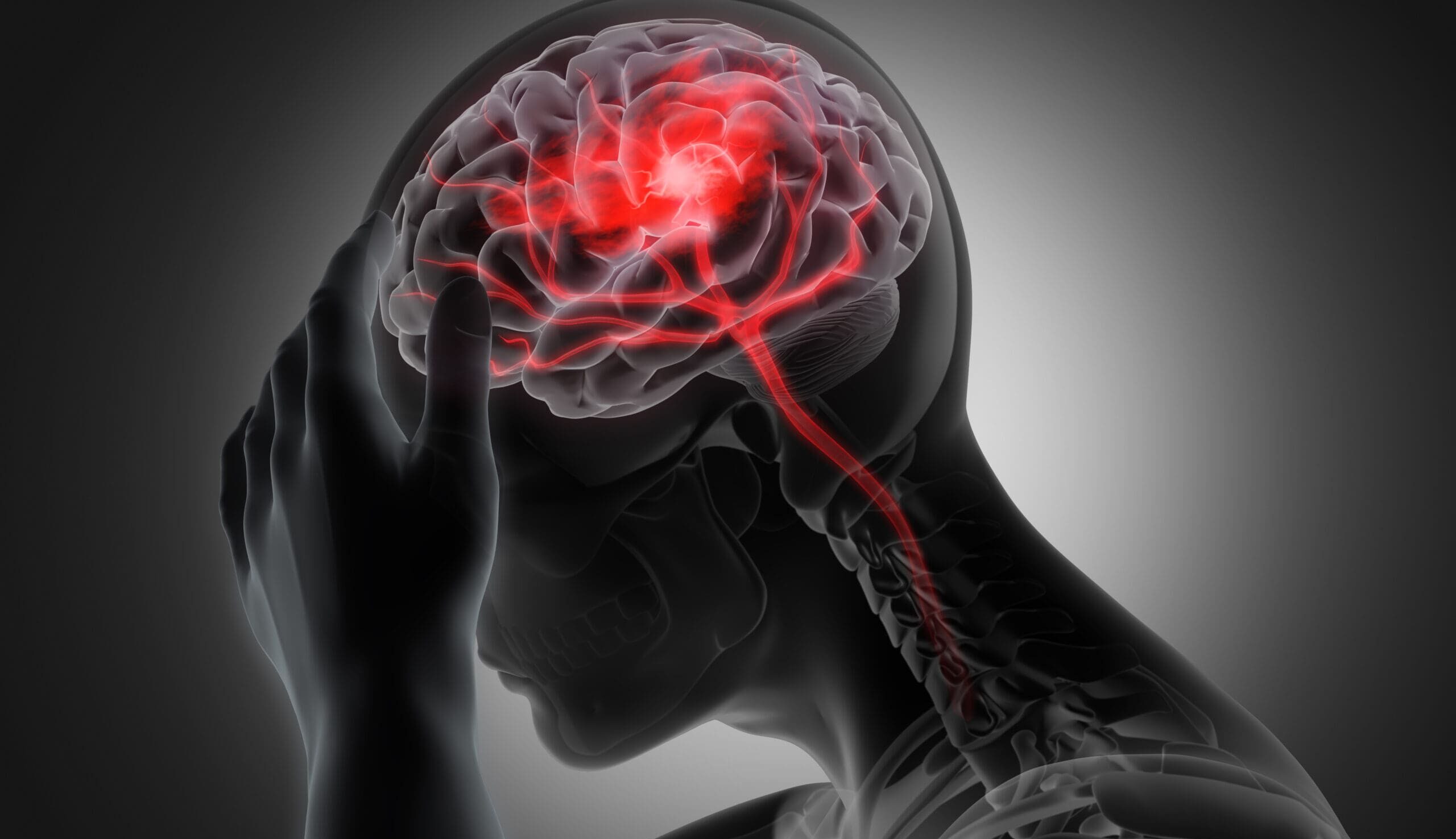Blood sugar spikes could be harming your brain
By naturopath Margaret Jasinska
Abnormally high blood sugar can cause inflammation in your brain. It is well known that type 2 diabetics are at higher risk of dementia. It’s not just diabetics who need to be careful. Experiencing a big spike in blood sugar after eating a sugary or starchy food can still harm the brain in people who are not considered diabetic. Sugar is sticky; it can bind to structures in the brain, raising the risk of plaques and tangles.
Research conducted by the Alzheimer’s Research Trust and published in the British Journal of Psychiatry studied 61 people aged 65 years and older who had experienced mild cognitive impairment (particularly mild memory loss) in the previous four years. 26 percent of the participants were diabetics. After four years, 31 percent of the entire group developed dementia; three percent improved and reverted back to healthy cognitive levels, and 40 percent remained stable (the rest dropped out of the study or were deemed unsuitable).
Almost 50 percent of the diabetics went on to develop dementia. Diabetes is a well-known risk factor for Alzheimer’s disease and several earlier studies have linked diabetes with other forms of dementia. It seems that individuals predisposed to developing dementia do so sooner in life and experience a more severe form if they are a diabetic.
Why does elevated blood sugar increase the risk of dementia?
According to the American Diabetes Association, a fasting glucose level less than 100 mg/dL (5.6 mmol/L) is considered normal. Normal may not be optimal. Studies show that a fasting level less than 85 mg/dL (4.7 mmol/L) may be optimal, and that avoiding blood glucose spikes is important.
When your blood glucose spikes after eating or drinking carbohydrate rich items, your mitochondria become overwhelmed and start producing chemicals called free radicals. Free radicals harm your cells, mutate your DNA, lead to oxidative stress and inflammation. Sugary foods and drinks cause worse blood glucose spikes than starchy foods. Your brain is mostly composed of delicate fats, which are particularly at risk of oxidative damage.
The situation can be worse in type 2 diabetics. Most diabetics are overweight by the time they reach middle age. Several studies have shown that overweight people are more likely to develop Alzheimer’s disease and other forms of dementia. In time, dementia patients usually lose weight and can become quite slim, but when the disease first develops, most patients are overweight. Being overweight creates a great deal of inflammation in the body, as fat cells (particularly those around the abdomen) secrete highly inflammatory chemicals.
Sugar is sticky and it can adhere to proteins in the brain, causing them to tangle and damaging them. High blood sugar also creates a lot of wear and tear in the body. Most overweight diabetics have high blood pressure and it is also a risk factor for dementia. People with high blood pressure are at risk of mini strokes in their brains, which creates areas of dead tissue due to impaired blood circulation.
Strategies to protect your brain

Try to avoid becoming a type 2 diabetic
In the majority of cases following a healthy diet, exercising regularly, and maintaining an ideal body weight can prevent this disease. There is a great deal of information about this topic in our book called Diabetes Type 2 You Can Reverse It Naturally. Nutrient deficiencies increase the risk of unstable blood sugar and carbohydrate cravings.

Avoid dangerously high spikes in blood sugar
You can keep your blood sugar level more stable by basing your diet on protein rich foods such as meat, seafood, poultry, eggs or whey protein powder. Protein and fat help to keep blood sugar stable. They are also very satiating foods, helping to reduce the risk of carbohydrate cravings. The fibre in vegetables helps slow the absorption of sugar into your bloodstream after a meal or snack. Fibretone is a natural fibre supplement for people who don’t consume enough fibre.

Ask your doctor to check the health of your liver
People with a fatty liver are at increased risk of both type 2 diabetes and dementia. If the liver is fatty, it does a poor job of regulating blood sugar. You are more likely to experience a crash in blood sugar between meals, leading to cravings and excessive hunger. See the book Fatty Liver: You Can Reverse It for easy and effective strategies for reversing fatty liver.
4-point program for reducing the risk of dementia
Dr Cabot’s book called Alzheimer’s: What you must know to protect your brain describes her recommendations in detail.
- Lifestyle – including good quality sleep and maintaining a regular exercise program.
- Brain foods – consuming healthy fats and avoiding unhealthy fats. Consuming plenty of folic acid, antioxidants and drinking enough water.
- Brain-boosting supplements
- Brain games – including crosswords, learning new skills, and memory games.










Leave A Comment